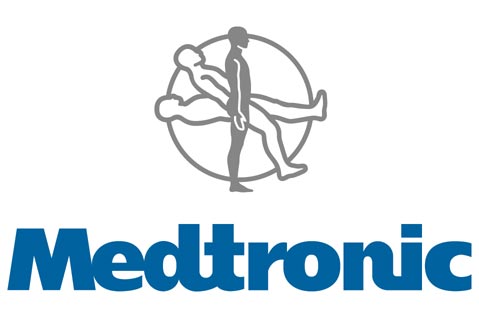Medtronic (NYSE:MDT) said last week that it’s planning a clinical trial for a novel "drug-filled" stent based on its technology for weaving stents from single strands of wire.
Pre-clinical testing of the as-yet-unnamed device showed that the drug-filled stent delivered "controlled and efficacious drug elution into the arterial wall" without the polymer carrier used in conventional drug-eluting stents, Medtronic said.
The so-called DFS is built using the Fridley, Minn.-based medical device giant’s Resolute Integrity and Resolute Onyx stents, using its "continuous sinusoid" and CoreWire technologies, according to a press release. Medtronic said the DFS is made with a "tri-layer" wire design in which the innermost layer is removed, leaving an empty space used as an anti-restenosis drug reservoir.
"While investigating some of the latest innovations – including both bioabsorbable polymers and polymer-free technologies – we identified several potential drawbacks," coronary general manager Jason Weidman said in prepared remarks. "The internally-loaded DFS has been developed to control drug release in the absence of a polymer carrier and eliminate inflammation due to polymer degradation. It’s encouraging to see that the pre-clinical data confirm the ability of the DFS to address these issues and we believe the clinical program will support the position of DFS as a premium product that brings meaningful advantages to clinicians and patients.”
Medtronic said the 100-patient clinical trial is designed to evaluate late lumen loss using coronary angiography, at sites in Australia and Brazil under co-principal investigators are Dr. Stephen Worthley of Royal Adelaide Hospital and Dr. Alexandre Abizaid of Instituto Dante Pazzanese de Cardiologia in São Paolo.
"Second-generation DES technologies have shown better clinical outcomes compared to first generation DES in a broad spectrum of patient anatomies and subsets, however, controlled polymer-free drug elution has the potential to further optimize acute performance, improve near-term and long-term clinical outcomes and potentially allow for a shorter DAPT duration," study chairman Dr. Gregg Stone, of New York City’s Columbia University Medical Center, said in a statement.


